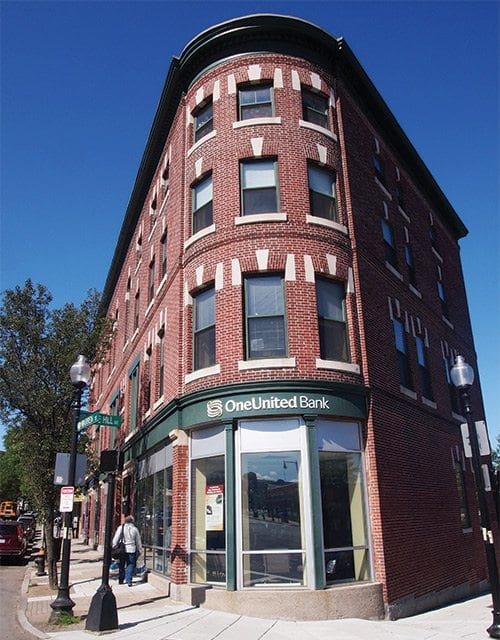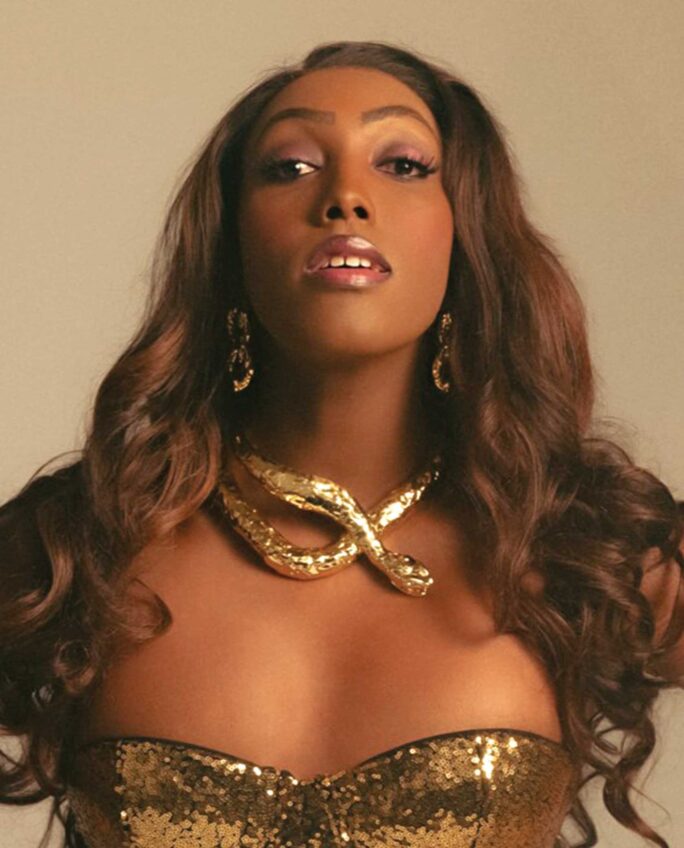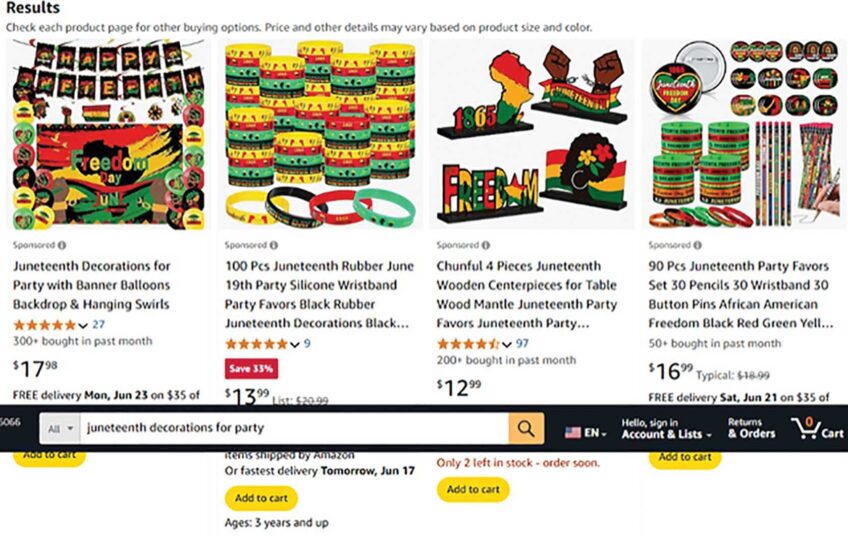Boosting a black bank
#BankBlack movement nets OneUnited $10m in deposits

A tumultuous summer with a grim series of events involving police officers and black men underscored social, political and economic disparities within the nation this year. In July, a social media campaign emerged as a means to fight back economically. With hashtags like #BankBlack, activists encouraged the black community to deposit $100 into black-owned banks.

Teri Williams, president of OneUnited Bank.
Teri Williams, President of OneUnited Bank, the country’s oldest black-owned bank with origins in Boston, said that the bank started to see a significant increase in visitors to their website, new customers at their branches and online banking, and home loan applications. In less than a month, $10 million in deposits were added at OneUnited, and customer activity “continues to be at elevated levels,” she said.
“Our money does matter,” said Williams. She said the movement is a way to create change by not only moving your money but also moving your mind or changing your mindset. “It’s important to be purposeful of how you spend your money.”
Buying power
According to the 2015 Multicultural Economy Report from the Selig Center for Economic Growth, black buying power in the U.S. is at $1.2 trillion, and only a tiny fraction of that goes to black-owned businesses. By supporting these businesses however, consumers can support opportunity and growth for communities because black businesses tend to hire other black people, said Williams.
Historically, banks like OneUnited were created to serve the financial needs of black Americans who are discriminated against by traditional financial institutions. OneUnited is a designated Community Development Financial Institution serving low to moderate income communities, and regularly hosts financial literacy workshops and events for the public.
Their UNITY Visa checking, savings and secured credit card services provide low-cost and low-rate solutions for saving money, earning interest, and building or rebuilding credit.
Today, there are 23 black-owned banks, credit unions, or saving and loan associations in the U.S. according to the Federal Reserve. This number has decreased from 48 since 2001, especially in light of the 2008 recession.
Some critics point to black-owned banks’ lagging adaptation to technology as another factor of their decrease in numbers but Williams argued that that’s usually the case for smaller, community banks in general, not just black banks.
OneUnited, which offers free mobile banking for customers anywhere in the U.S., has adopted technological business tools since the late ’90s, said Williams. When the company expanded to branches in Florida and Miami, “in order to manage at the distance from Boston, we started implementing internal technology like video conferences,” she commented.
There are three OneUnited branches in Boston, two in Los Angeles and one in Miami. Williams said that the company made a conscious decision to “focus on technology rather than adding brick and mortar,” she said.
Williams believes that the #BankBlack movement can be a public reminder that black-owned banks and businesses offer the same quality service as any other company.
“Their ice is not colder,” said Williams. “There is a tendency to think black-owned businesses offer inferior products and services.”






